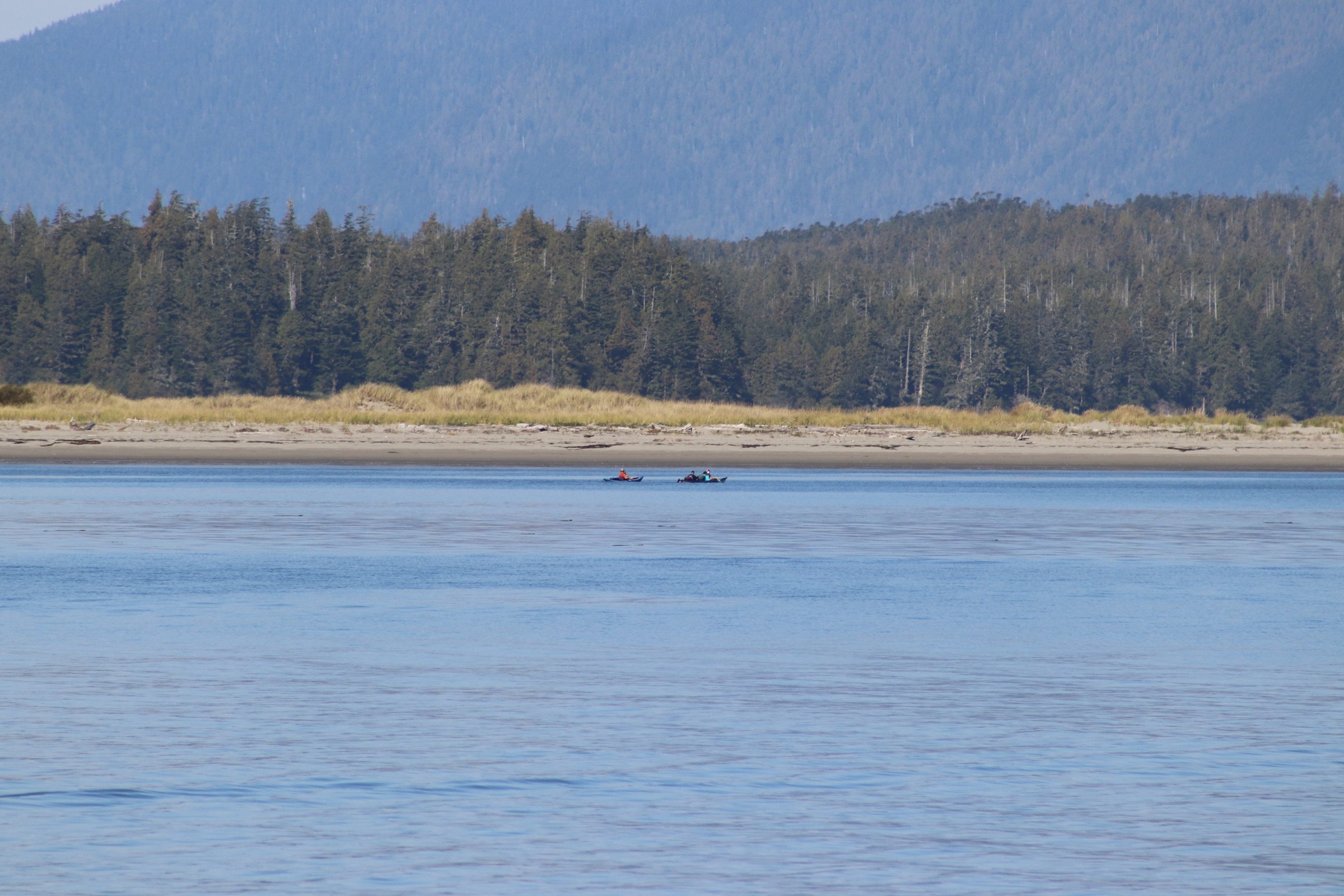
Water Quality for Swimmable Cities
Building climate resilient cities starts with clean water
Changing the perception
When it comes to urban watersheds, the act of conservation and restoration is complex, nuanced and complicated. What that sometimes means is that our decision-makers get scared off of the challenge at end. The good news though, that’s where community holds them accountable.
Cities around the world, Vancouver included, are faced with a host of pollution sources that create environmental and public health barriers for residents and visitors to access their local waters with confidence. In Vancouver, like many other cities around the globe, antiquated sewer systems and outdated infrastructure wreak havoc on water quality.
Vancouver is taking important steps. City council recently approved a $656-million investment in the city’s Healthy Waters Plan to separate combined sewers — currently, only 56 per cent of Vancouver’s mainline sewers are separated. This type of investment will prevent billions of litres of sewage from ending up in the Pacific Ocean. The completion date of this work is far away though, as it’s slated for 2050. In the meantime that same team has started to divert wastewater from the ocean to heat new buildings, and is working to daylight urban streams that were once salmon bearing.
This type of political action is made possible because of community-based water monitoring projects like ours in Vancouver.
While this work is happening, people need to be able to access the water with confidence gained from credible information. That is this project’s continued goal through training community members and working with partners in academia and community organizing.
Three specific areas are of focus for Swim Drink Fish as of now:
New Brighton Beach (East Vancouver)
Waterfront Park (North Vancouver)
Coal Harbour (Downtown Vancouver)
Water Monitoring Sites
Partner Recognition
This project is being conducted in partnership with Dr. Jane Fowler’s laboratory at Simon Fraser University. Ronak Salamat Ravandi and Joyce Wong are conducting this amazing research. A big thanks to these students and their work in creating swimmable, drinkable, fishable waters for everyone!




